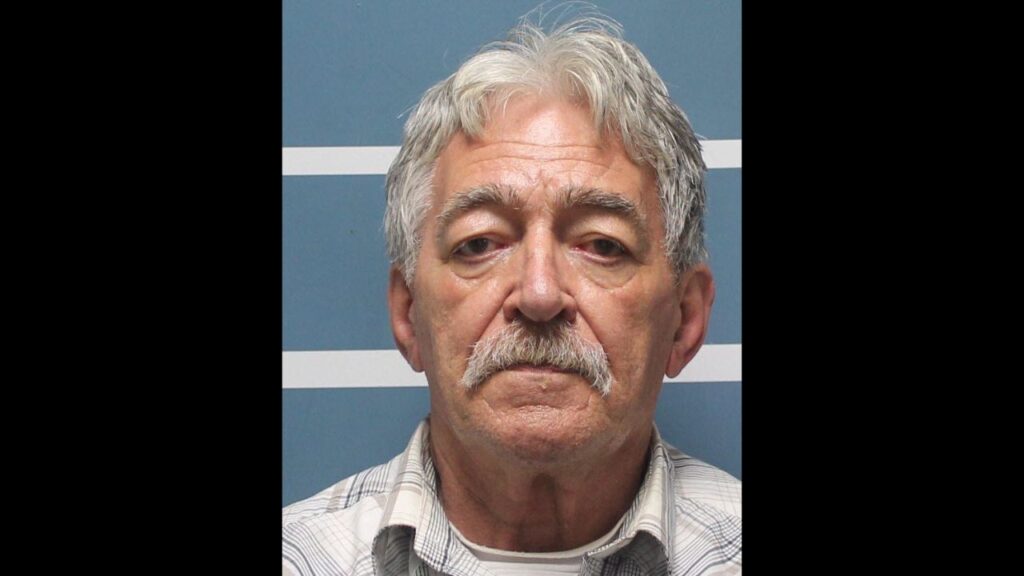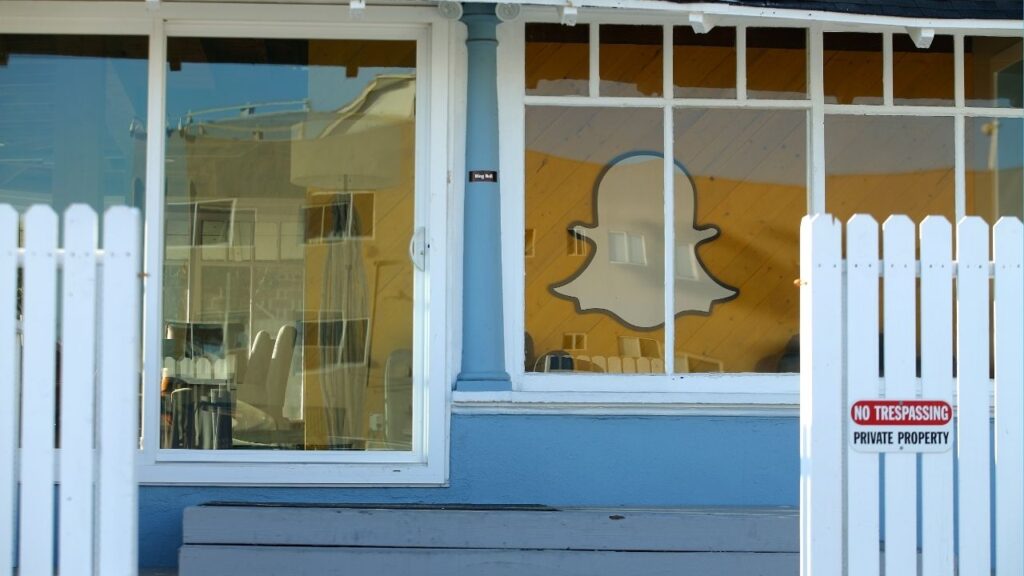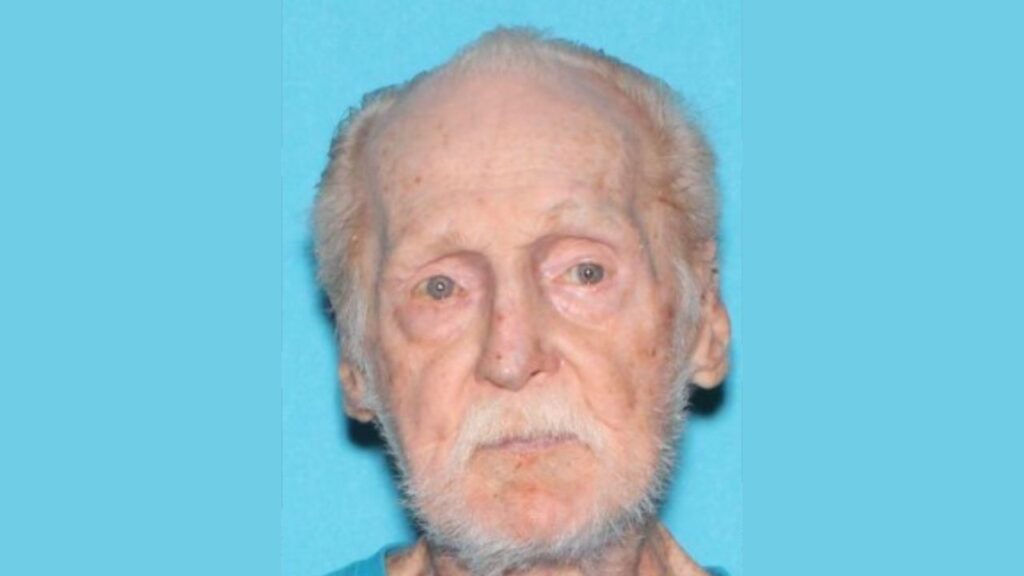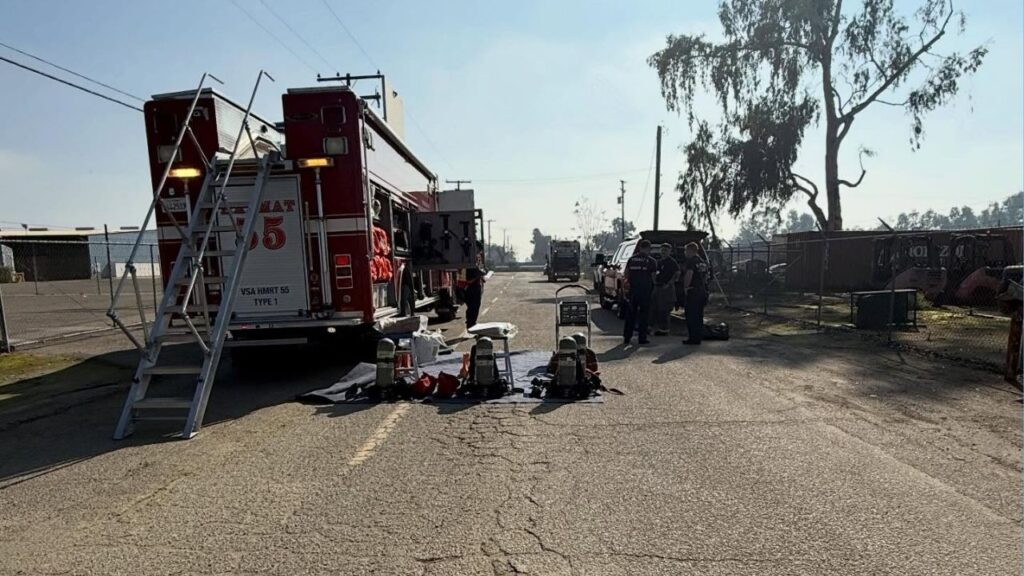Share
Local nonprofits throughout California that provide mental health services have been in a state of upheaval since July.

“This is a crisis. We are going to lose capacity right now to care for the most vulnerable children, youth, and families. And that is not an exaggeration.” — Adrienne Shilton, senior policy advocate, California Alliance of Child and Family Services
That’s when state officials rolled out the payment reform portion of a multi-year strategy to increase medical care access via the CalAIM effort started in 2019.
Since then, counties have withheld significant amounts of money intended for mental health help — with little explanation as to why, the providers say. And, if funding isn’t restored soon, they may have to cut services.
The California Alliance of Child and Family Services wrote a letter on Oct. 17 to state Deputy Director of Behavioral Health Tyler Sadwith pleading for gap funding.
“Many community-based organizations (CBOs) are finding that their new rates fall well below their projected program costs — creating potentially catastrophic consequences for CBO programs that serve beneficiaries with the highest needs,” the letter stated.
This fight over funding comes with California and the United States trying to reverse record suicide rates and stem widespread drug addiction. Last year, at least 49,449 lives in the U.S. were lost to intentional self-harm. That’s nearly 15 deaths for every 100,000 people, CNN reported.
CalAIM, which was seen as a way to streamline healthcare across the many needs a person may have — from physical to mental — instead may upend the complicated world of Medi-Cal reimbursement, nonprofit leaders say.
One provider in the Alliance is on track to lose $3.2 million this fiscal year, said Adrienne Shilton, director of public policy and strategy with the agency. The Alliance is a coalition of nonprofits that provide child and family services. They have member organizations in every county in California.
Agencies cannot cover that deficit and for that, providers are facing a reality where they may have to pull out of counties entirely or even close up shop.
“This is a crisis…” Shilton said. “We are going to lose capacity right now to care for the most vulnerable children, youth, and families. And that is not an exaggeration.”
Counties Withhold Millions of Dollars to Contractors
Counties rely heavily on nonprofits to provide mental health services. About 70% of Fresno County’s Department of Behavioral Health budget goes to fund services and care through contracted partners, according to Ahmadreza Bahrami, spokesperson with the Fresno County Behavioral Health Department.
They provide crisis services, full-service partnerships, outpatient care, substance abuse treatment, and more.
Payment reform was supposed to be one of the final steps of CalAIM.
The previously cost-based reimbursement model was administratively burdensome and posed “significant audit risk,” said Griselda Melgoza, spokesperson for the California Department of Health Care Services.
The program sought to ease access for people covered by California’s version of Medicare. In many cases it did, said Kerry Ahearn, CEO of Napa-based Aldea, Inc.
“There have been some changes that have been way overdue and welcome,” Ahearn said.
One provision called No Wrong Door allows patients to go straight to a provider instead of having to start at the county for an assessment.
However, payment reform ended up reducing how much counties pay out to their providers.
The change begins at the state level. In California’s decentralized version of behavioral health access, the state funds counties, which then reimburse nonprofits contracted for services.
Payments changed from a cost-based structure to a fee-for-service structure. Bahrami called it a “historic shift,” expanding who has access to Medi-Cal.
Counties have to find matching funds in order to draw from Medi-Cal. Funding for the Mental Health Services Act — passed by voters in 20024 — comes from a 1% state tax charged to Californians with annual incomes of more than $1 million. That money can fluctuate from year to year, Bahrami said.
“DBH has been working through historic shifts in processes associated with CalAIM Behavioral Health Payment Reform,” Bahrami said. “The change has been challenging for all involved. We are in the infancy of payment reform, as are counties across the state.”
Behavioral Health Providers Don’t Have a Lot of Time
Ultimately, counties drastically reduced how much they reimbursed contractors. The Department of Health Care Services did not mandate a minimum of how much a county has to pass through to their contractors.

“We can’t fundraise that much money. I know other providers are talking about just closing their programs and stopping their contracts because they can’t afford to take on those losses.” — Kerry Ahearn, CEO of Napa-based Aldea, Inc.
DHCS gave counties flexibility in their pass-through rates to help better manage their budgets, Melgoza said.
“County behavioral health plans must maintain an adequate network of providers to ensure all eligible Medi-Cal services to members, which requires negotiations with local contracted providers,” Melgoza said.
Negotiations didn’t always happen.
Fresno County Director of Behavioral Health Susan Holt in a March letter told behavioral health contractors the county would not negotiate the rates.
“These rates have been carefully set by the County to maximize your success and are not subject to negotiation,” Holt said in the letter.
Fresno County, on average, pays out 64% of what the state provides for mental health services by contractors, according to Shilton.
Fresno County Behavioral Health officials will meet with providers on Friday, Nov. 17.
Napa County did not negotiate with providers either. Ahearn said Napa pays out 56% of its state funding for mental health services.
That means when Napa County receives $479 from the state to pay for an hour of service from a therapist with a master’s degree, the nonprofit only gets $270.
That amount drops even more for a less-qualified therapist.
Nonprofits don’t like to rely on their top therapists considering the cost to pay them. Usually, the highest-qualified therapists will oversee a team, said Ahearn. With reimbursement so low, nonprofits are having to use their most qualified therapists to get the best rates.
Since July, Ahearn’s organization has lost $185,000 and projects a $1 million loss for the year, she said.
“We can’t fundraise that much money. I know other providers are talking about just closing their programs and stopping their contracts because they can’t afford to take on those losses,” Ahearn said.

No Travel, Documentation Reimbursement
Like Fresno County, Napa County is spread out. That means providers have to travel farther to get to clients than in urban counties. But, under the state’s payment reform, travel time isn’t calculated into the reimbursement.
The idea was that travel costs would be included under the umbrella of reimbursement, Ahearn said. Telehealth has expanded but some rural clients lack access to the internet.
State law also requires documentation to be filed following therapy sessions with patients. The state stopped reimbursing providers for documentation time.
Bahrami, the Fresno County spokesperson, said its rates are based on data from providers. However, local nonprofits say the reimbursements don’t come close to covering their costs.
County, State Quiet on Payment Reform Strategy
For providers, the rate change that came in July came with little notice. One statewide provider with services in Fresno County said it didn’t get notice of the new rates until April.
That meant having only three months to figure out what services they would be able to provide.
A statewide provider — speaking on the record but not for attribution —said larger providers such as themselves can leverage their positions to negotiate better rates, whereas smaller providers may not carry that same weight.
Providers do not know how counties came up with the pass-through rates they did, Shilton said. Shilton and member organizations have been reaching out to different counties, getting little in the way of responses.
“We have some theories,” Shilton said.
Shilton speculates that Fresno County is holding onto funds to pay for its own staffing needs. Counties provide direct care for individuals with the most severe mental health needs, according to an email correspondence with Fresno County Behavioral Health in June, when county supervisors approved the rate changes.
When the state came up with the rates, they used data from the Alliance’s members on what service costs are.
“I think with public funds, the big question is what are they doing with the remainder of the funds they are holding back?” Ahearn said.
But regardless of what is motivating the counties, Shilton said, “We see equity issues rife in this new design because the majority of youth in Medi-Cal are children of color.”
Is Payment Problem a Hiccup or Built into the System?
Shilton said it remains to be seen whether today’s funding problems endure. The state is working to find a vendor to resolve issues, but it may not come fast enough, she said.
“The ‘be patient’ argument for a nonprofit that operates on the margins they do is not helpful and not really feasible either,” Shilton said.
The reimbursement issue has some nonprofits considering the most drastic options.
Star Behavioral Health, which operates in Fresno County as well as throughout the state, was asked by one county to pick up the contracts of two smaller providers that could not handle them, a spokesperson said.
State spokesperson Melgoza said DHCS will monitor the payment reform rates and adjust them as needed.
But Shilton said their requests have gone unanswered thus far.
“The thing we are most afraid of is that we will actually have nonprofits who will either no longer do business with that county, leaving kids without a provider, and/or a nonprofit that’s no longer able to operate at all in any county,” said Shilton. “It’s literally that drastic.”
RELATED TOPICS:
Categories


















